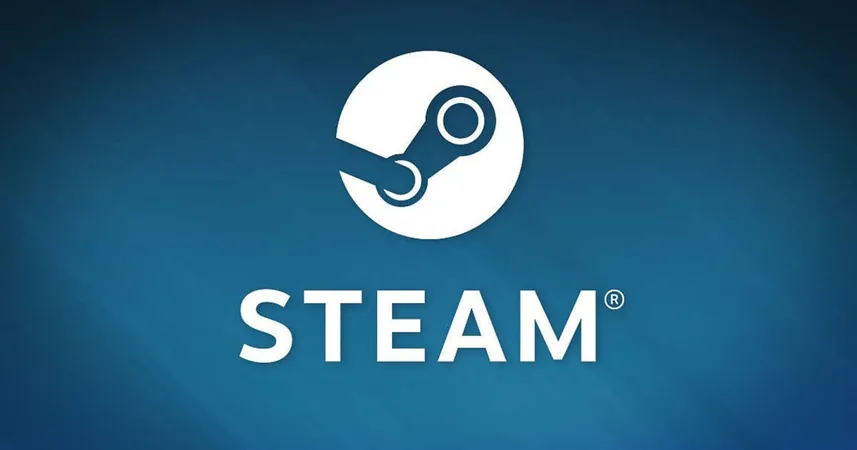
Major Shift: Steam Removes Binding Arbitration Clause - What It Means for Gamers
2024-09-27
Introduction
In a significant update that has sent ripples through the gaming community, Valve has officially removed the binding arbitration clause and the class-action waiver from its Steam Subscriber Agreement (SSA). This change, announced earlier today, has been hailed by many as a victory for consumer rights.
Valve's Announcement
Valve stated on its blog, "We've eliminated the requirement that disputes be resolved by individual arbitration." This move fundamentally alters the way disputes will be handled, indicating that gamers now have the option to seek resolution in court rather than being bound to arbitration. This news brings fresh hope, particularly for users in the United States, where the arbitration clause had been more enforceable.
Impact on the Subscriber Agreement
Valve’s latest updates to their subscriber agreement also confirm the removal of the class action waiver and the previous cost and fee-shifting provisions. These elements had raised concerns over how customers could seek redress when faced with issues regarding the platform.
Implications for Gamers in Different Regions
While this change may seem limited for customers in Australia, the EU, New Zealand, Quebec, and the UK—where the arbitration clause was already non-binding—it marks a substantial shift for players in the U.S. This allows gamers to potentially band together and hold Valve accountable in class-action lawsuits, which many believe is a more efficient resolution mechanism for widespread grievances.
Broader Conversations on Arbitration
Interestingly, a Steam user pointed out that navigating countless individual arbitration cases could be a more expensive and time-consuming process for companies than facing a class-action lawsuit. This sentiment echoes a broader discussion about the legitimacy and fairness of arbitration processes that have come under scrutiny in recent years.
Influence of Public Sentiment
Notably, Valve’s decision may have been influenced by a wave of public sentiment against arbitration clauses, highlighted by recent high-profile legal battles, including one involving major corporations like Disney. The backlash against companies enforcing similar clauses has raised awareness about consumer rights and paved the way for companies to rethink such policies.
Conclusion
As gamers take to social media to express their relief and gratitude over this policy change, many are left wondering: Is this just the beginning of a new era of consumer-friendly policies in the gaming industry? Only time will tell, but one thing’s certain: gamers now have a stronger voice, and their rights are being prioritized like never before.


 Brasil (PT)
Brasil (PT)
 Canada (EN)
Canada (EN)
 Chile (ES)
Chile (ES)
 España (ES)
España (ES)
 France (FR)
France (FR)
 Hong Kong (EN)
Hong Kong (EN)
 Italia (IT)
Italia (IT)
 日本 (JA)
日本 (JA)
 Magyarország (HU)
Magyarország (HU)
 Norge (NO)
Norge (NO)
 Polska (PL)
Polska (PL)
 Schweiz (DE)
Schweiz (DE)
 Singapore (EN)
Singapore (EN)
 Sverige (SV)
Sverige (SV)
 Suomi (FI)
Suomi (FI)
 Türkiye (TR)
Türkiye (TR)